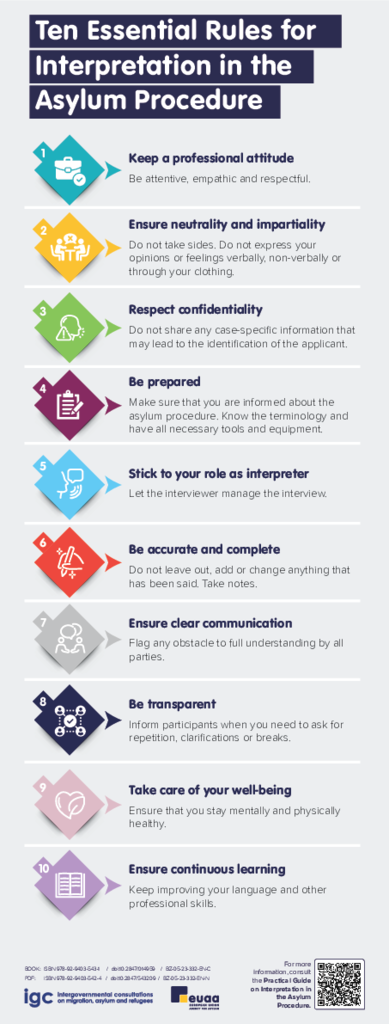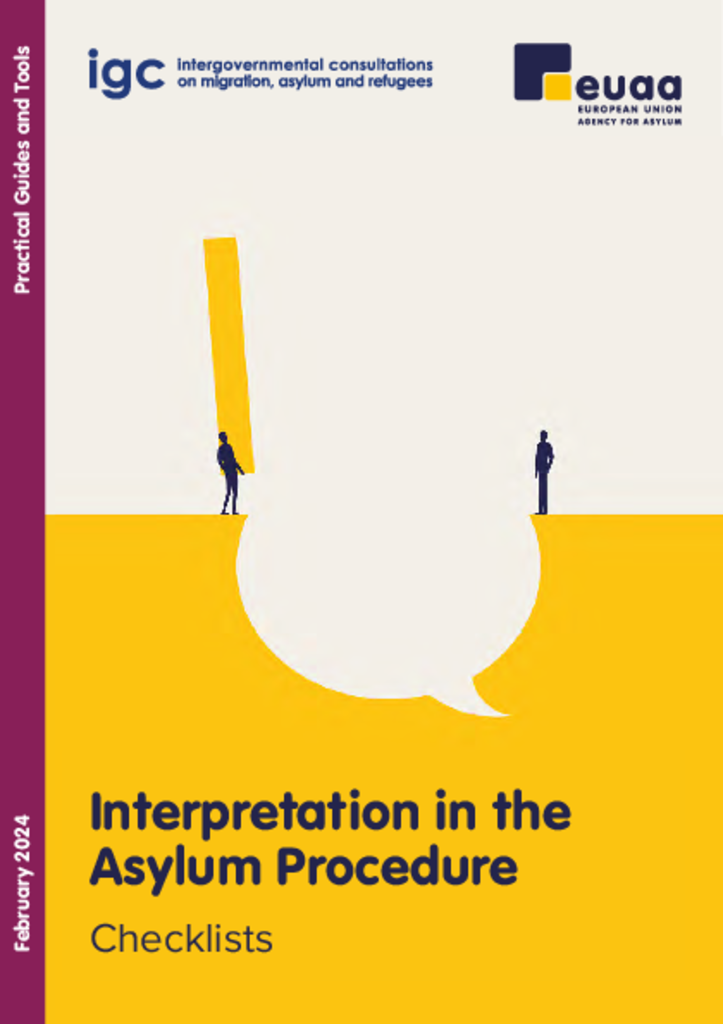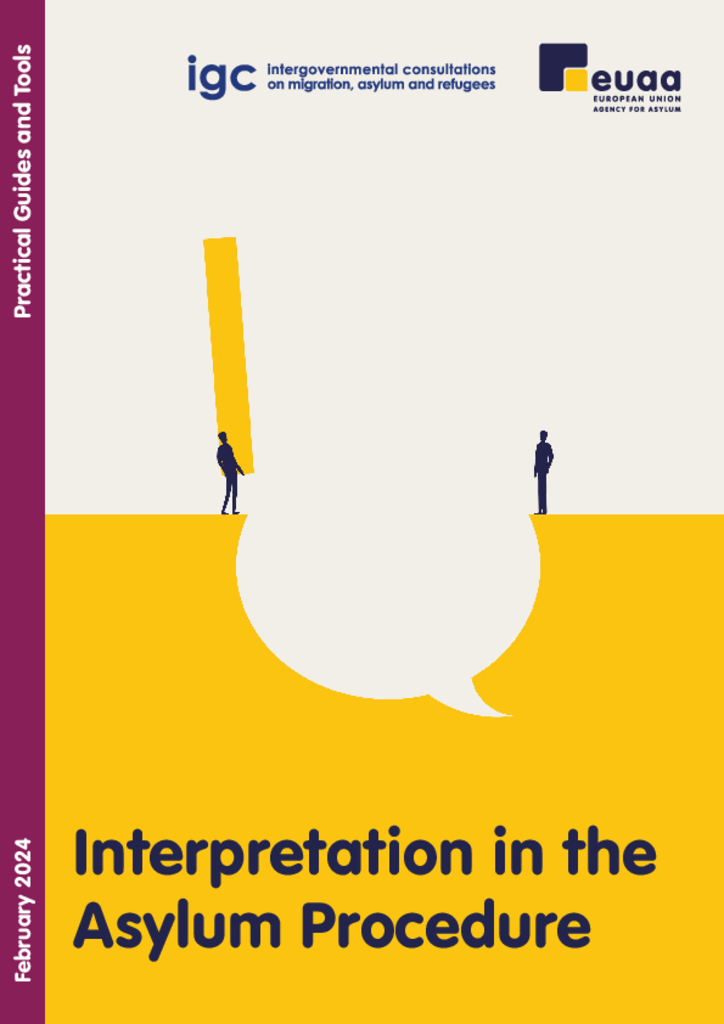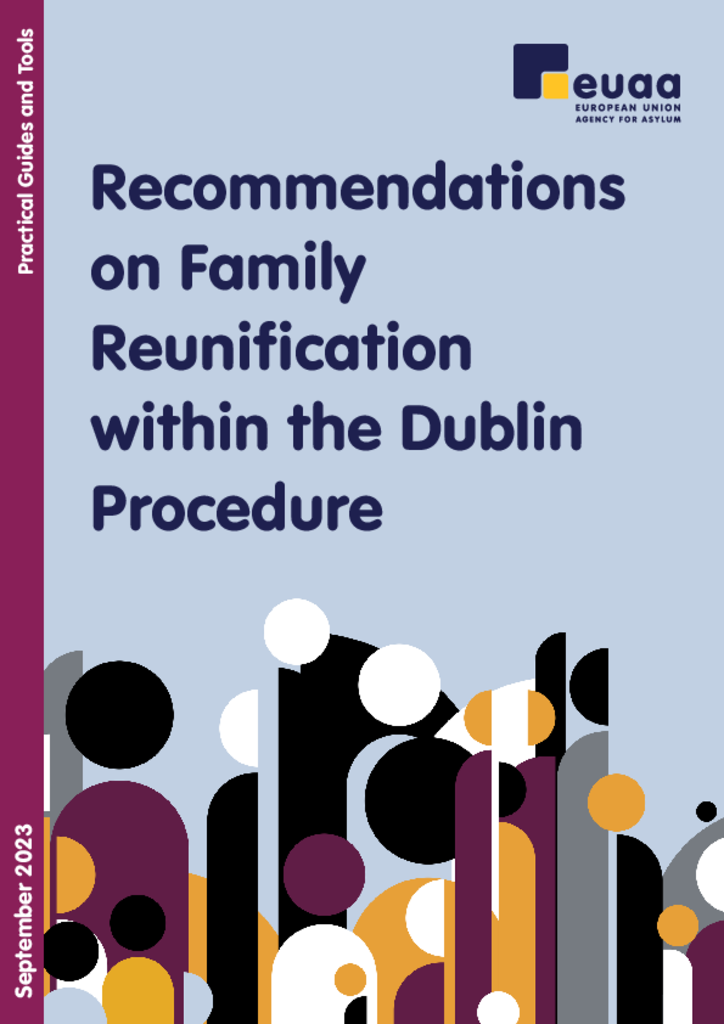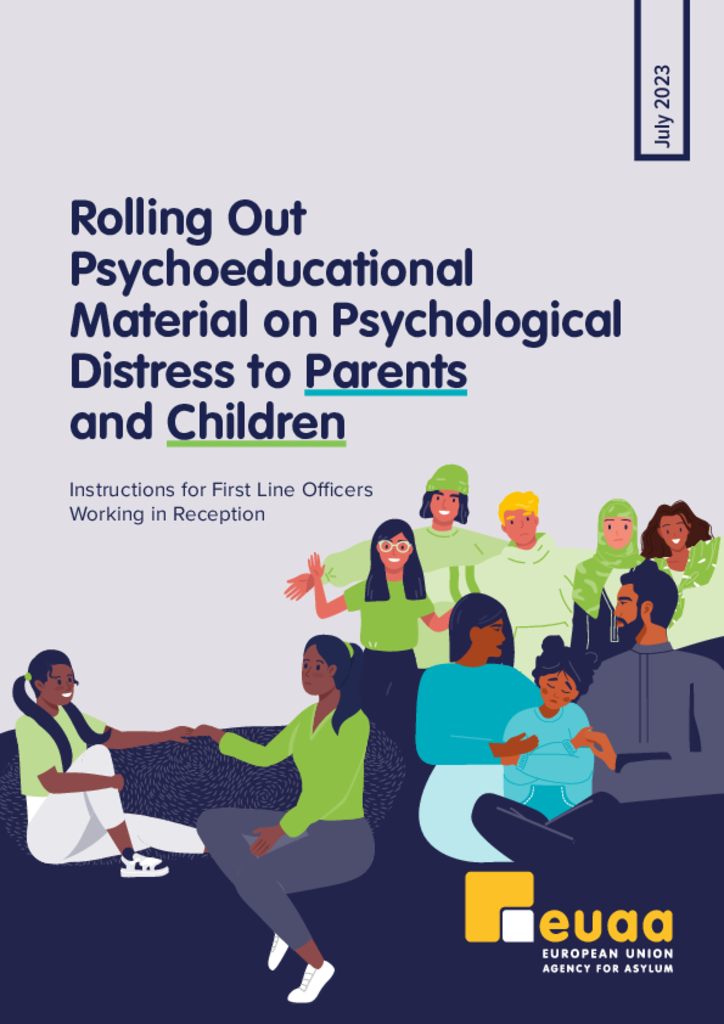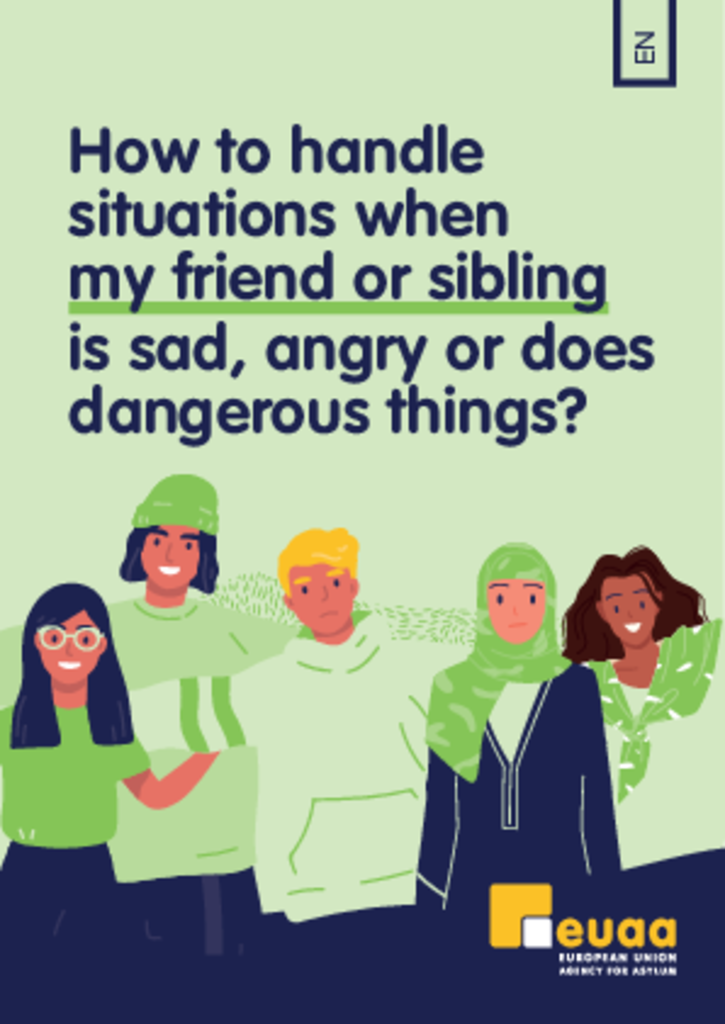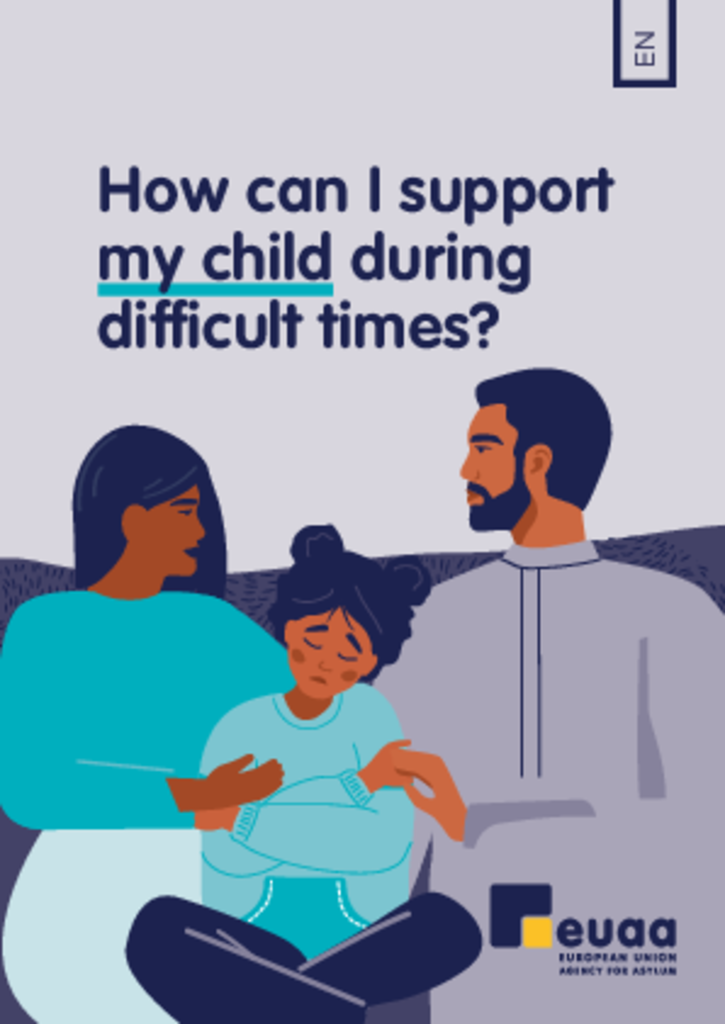
The EUAA is working to upgrade its infrastructure. As a result, some business applications and portals will be unavailable between 30 July - 7 August 2024.
Some instability is also to be expected until 19 August 2024. We are doing our best to minimise the disruption, as we seek to provide you with a better experience.

